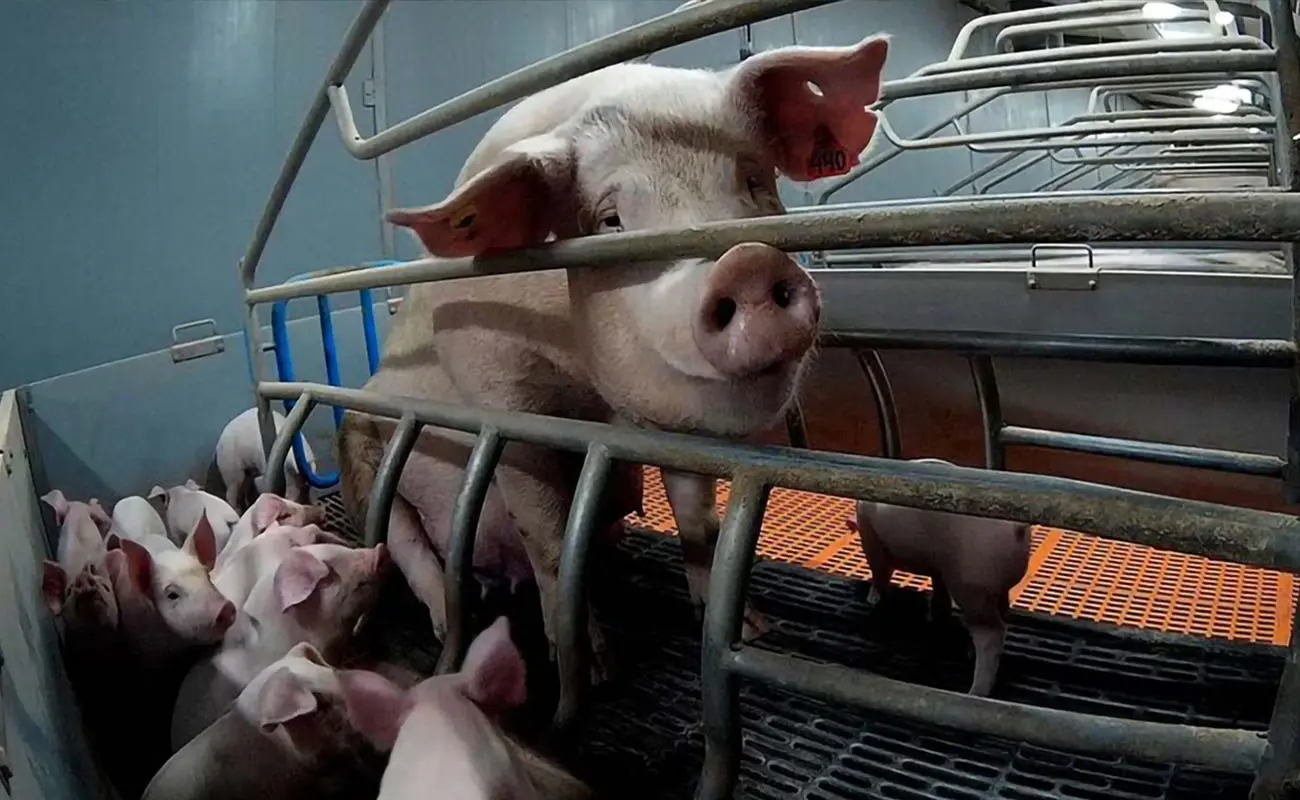Factory farming practices subject billions of animals to highly industrialized conditions, prioritizing efficiency and profit over welfare. Cattle, pigs, poultry, and other farmed animals are often confined in cramped spaces, deprived of natural behaviors, and subjected to intensive feeding regimens and rapid growth protocols. These conditions frequently lead to physical injuries, chronic stress, and a range of health problems, illustrating the profound ethical concerns inherent in industrial agriculture.
Beyond animal suffering, factory farming has serious environmental and societal repercussions. High-density livestock operations contribute significantly to water contamination, air pollution, and greenhouse gas emissions, while also straining natural resources and impacting rural communities. The routine use of antibiotics to prevent disease in overcrowded conditions raises further public health challenges, including antibiotic resistance.
Addressing the harms of factory farming practices requires systemic reform, informed policy-making, and conscious consumer choices. Policy interventions, corporate accountability, and consumer choices—such as supporting regenerative farming or plant-based alternatives—can mitigate the harms associated with industrialized animal agriculture. Recognizing the realities of factory farming practices is a crucial step toward building a more humane, sustainable, and responsible food system for both animals and humans.
Antibiotic resistance is an escalating global health challenge, with animal agriculture emerging as a significant contributor to this issue. The routine use of antibiotics in livestock farming, aimed at boosting growth and preventing disease, has inadvertently fostered the development of resistant bacterial strains. These superbugs can spread to humans through contaminated food, water sources, and environmental exposure, undermining the effectiveness of critical medical treatments. This article examines the link between antibiotic use in farming and resistance development while highlighting sustainable solutions that could protect public health and preserve the efficacy of antibiotics for future generations


















































